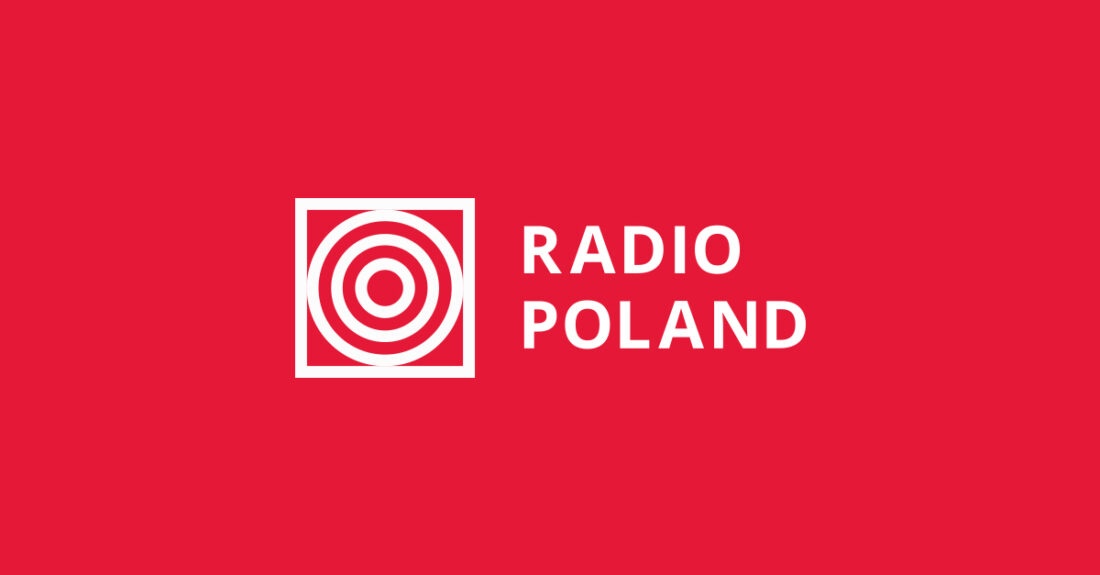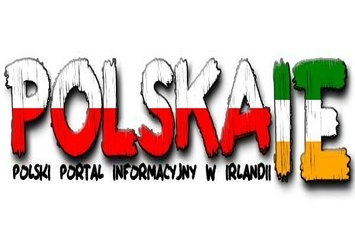EU approves 11th package of sanctions against Russia

The Council of the European Union has formally adopted the 11th package of sanctions against Russia for its invasion of Ukraine, officials announced on Friday.

Photo:Fred Romero from Paris, France, CC BY 2.0 , via Wikimedia Commons
EU member states have approved the new sanctions, which are designed mainly to ensure that existing punitive measures are not bypassed, Polish state news agency PAP reported.
The European bloc’s High Representative for Foreign Affairs and Security Policy, Josep Borrell, told reporters: “Our sanctions are already taking a heavy toll on the Russian economy and on the Kremlin’s ability to finance its aggression. Today’s package increases our pressure on Russia and Putin’s war machine.”
Borrell added: “By tackling sanctions circumvention, we will maximise pressure on Russia by depriving it further of the resources it so desperately needs to allow it to pursue its illegal war against Ukraine.”
EU targets sanctions circumvention
The Council of the EU said in a statement that the bloc had decided “to further strengthen bilateral and multilateral cooperation with third countries, and the provision of technical assistance” in order to “address the growing circumvention of EU sanctions.”
The EU said that in cases „where cooperation does not yield the intended results,” it would „take rapid, proportionate and targeted action, which is solely aimed at depriving Russia of the resources which allow it to pursue its war of aggression against Ukraine, in the form of appropriate individual measures addressing the involvement of third-country operators in facilitating circumvention.”
Ban on transit through Russia of goods, tech exported from EU to third countries
The latest package also includes a ban on “the transit via the territory of Russia of more goods and technology,” exported from the EU to third countries, which “may contribute to Russia’s military and technological enhancement,” according to officials.
Further 87 entities sanctioned for supporting Russian army
Moreover, the EU added „a further 87 entities to the list of entities directly supporting Russia’s military and industrial complex in its war of aggression against Ukraine,” news outlets reported.
The additions include “four Iranian entities manufacturing unmanned aerial vehicles (drones) and providing them to Russia,” officials said.
These 87 entities will now be subject to “tighter export restrictions concerning dual-use goods and technologies,” reporters were told.
Furthermore, the 11th sanctions package extends the list of restricted items that “could contribute to the technological enhancement of Russia’s defence and security sector.”
The added items include electronic components, semiconductor materials, manufacturing and testing equipment for electronic integrated circuits and printed circuit boards, precursors to energetic materials and precursors to chemical weapons, optical components, navigational instruments, metals used in the defence sector and marine equipment, the PAP news agency reported.
Five more Russian media outlets sanctioned
The EU also “extended the suspension of broadcasting licences” to five more media outlets: RT Balkan, Oriental Review, Tsargrad, New Eastern Outlook and Katehon, in order to “address the Russian Federation’s systematic, international campaign of media manipulation and distortion of facts aimed at enhancing its strategy of destabilisation of its neighbouring countries,” according to officials.
Ban on transport of goods to EU by trailers registered in Russia
In addition, the European bloc extended the ban on “the transport of goods into the EU by road” to cover “trailers and semi-trailers registered in Russia, including when hauled by trucks registered outside of Russia,” as advocated by Poland, public broadcaster Polish Radio’s IAR news agency reported.
Moreover, “in view of the sharp increase of deceptive practices by vessels transporting crude oil and petroleum products,” the Council decided “to prohibit access to EU ports and locks to any vessels that engage in ship-to-ship transfers, if the competent authorities have reasonable cause to suspect that the vessel is either in breach of the ban on importing seaborne Russian crude oil and petroleum products into the EU, or is transporting Russian crude oil or petroleum products purchased above the price cap agreed by the Price Cap Coalition.”
Ban on import of oil from Russia via Northern Druzhba pipeline
Also, the EU adopted Poland’s proposal to ban imports of oil from Russia through the Northern Druzhba pipeline, the IAR news agency reported.
„The temporary derogation granted to Germany and Poland for the supply of crude oil from Russia through the northern section of the Druzhba oil pipeline will end,” the EU announced.
At the same time, the bloc decided that “the oil which originates in Kazakhstan or another third country will be able to continue to transit through Russia and be imported into the EU via the Druzhba oil pipeline,” the PAP news agency reported.
Russia invaded Ukraine on February 24, 2022, launching the largest military campaign in Europe since World War II.
(pm/gs)
Source: IAR, PAP, Reuters, consilium.europa.eu, The Kyiv Independent



